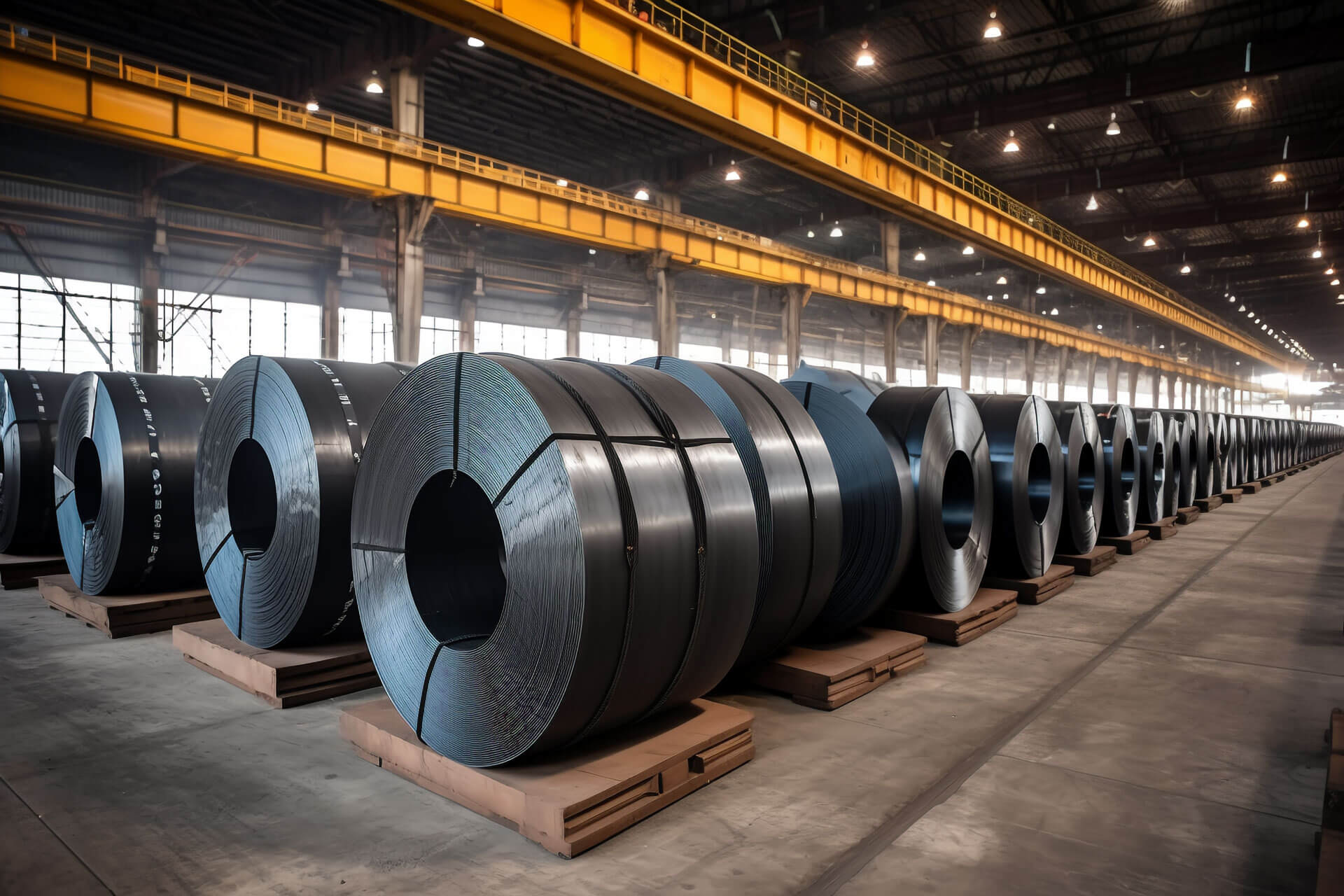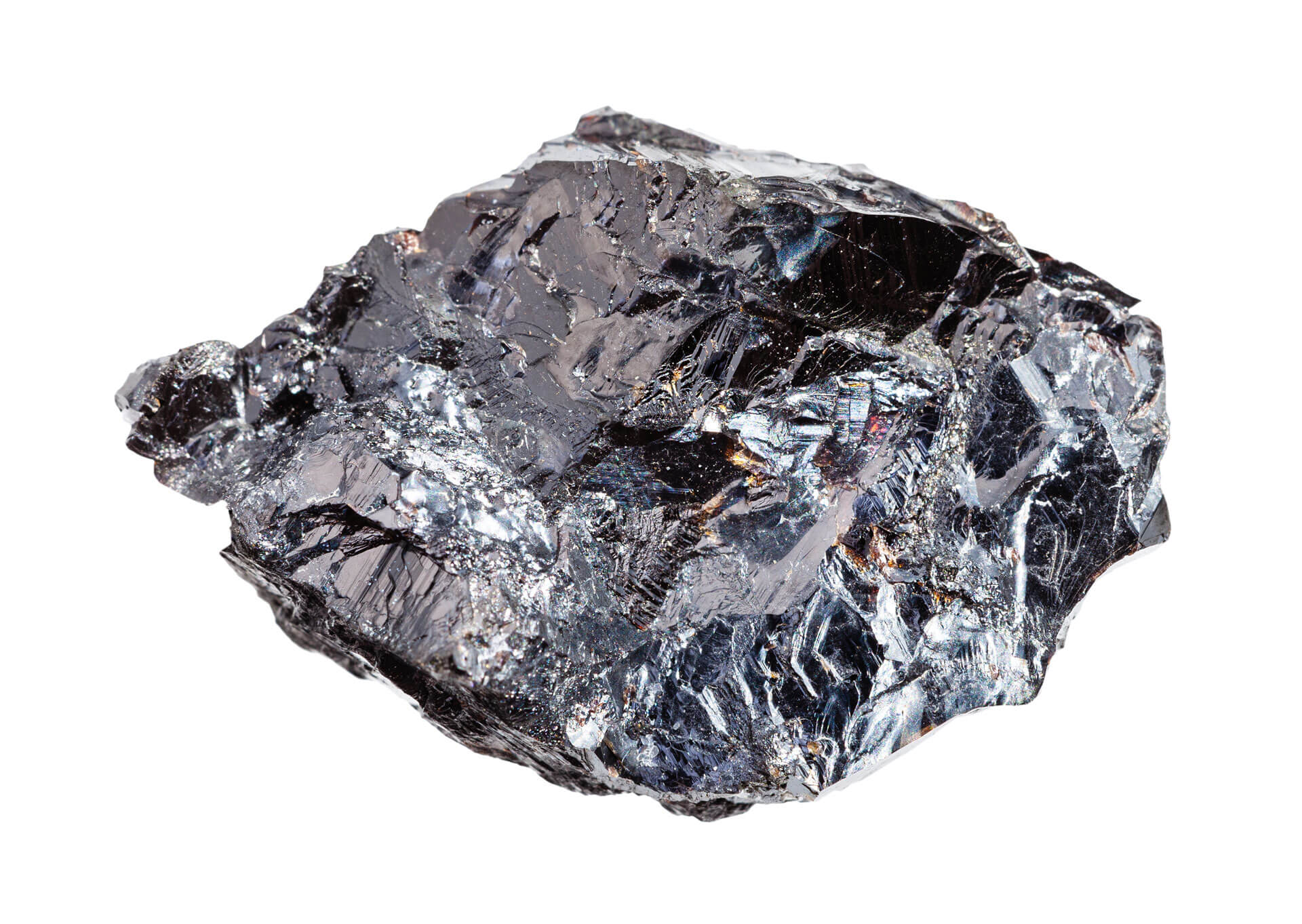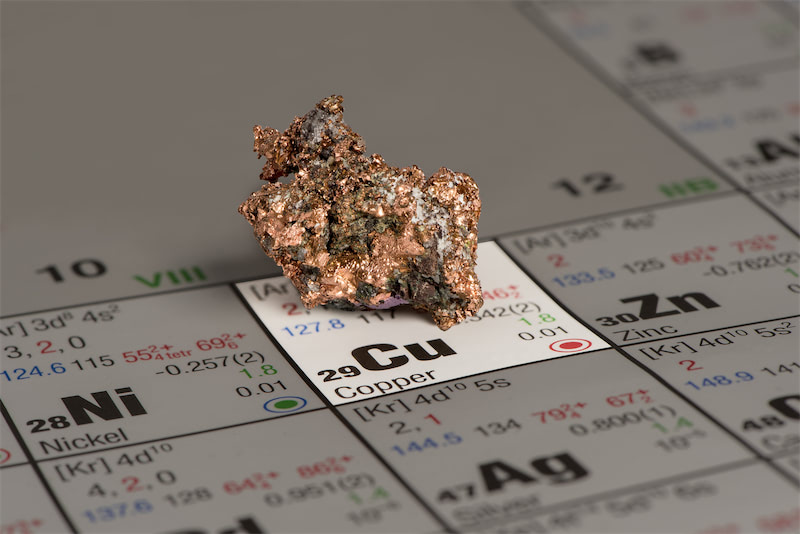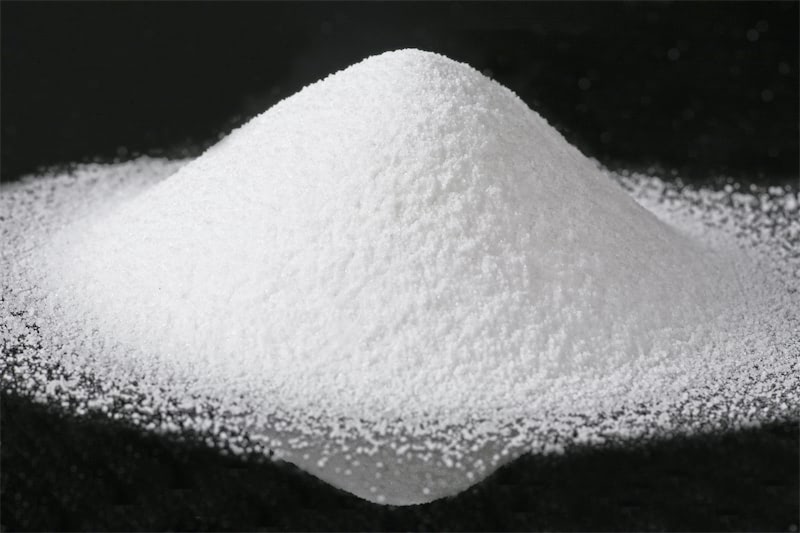by Stuart Burns on MARCH 16, 2016
It’s small wonder Alcoa, Inc. has moved to distance itself from its downstream activities.
In spite of its shiny new ultra-low-cost joint venture primary smelter in Saudi Arabia, Alcoa’s other primary operations do not have a hope of competing in the long term with new players such as China’s Hongqiao Group, known in the industry as Shandong Weiqiao Aluminium & Electricity. Even with sweetheart local power deals negotiated with local utilities, states and even countries other legacy costs such as labor, pension, social contract rules and dated technology put older primary aluminum divisions like Alcoa’s under intense competition from the new kids on the block.
How are Chinese smelters making money? Source: Adobe Stock/Pavel Losevsky
Unlike Alcoa and UC Rusal, both world number ones in their day, Hongqiao is making a stomping profit even in today’s depressed aluminum market. Hongqiao Group reported 2015 sales up 39% year-on-year to 4.12 million metric tons, surpassing Rusal at 3.6 million. In large part this is being achieved by the group investing heavily in both new smelters, captive power generation and downstream activities.
New Investments
According to the South China Morning Post recently, Hongqiao invested 14 billion yuan last year, helping it to achieve its target of reaching just over 6 mmt of annual aluminum capacity by the end of 2016, from 5.19 mmt last year. It also plans to add up to four units of power generation, each of 330 megawatts.
It had 9,330 MW at the end of last year when it was said to be 80% self-sufficient in power, making Hongqiao among the lowest-cost aluminum suppliers in the world. The average cost of its power was 17.6 fen per kilowatt-hour last year, compared with 29 fen for that bought from the power grid. Power typically accounts for 40% of a smelter’s costs but not content with driving down power costs Hongqiao is building its own alumina refineries — its new Indonesian 1 mmt per year refinery has just started trials, with a further 1mmt per year planned for next year.
In addition, the company encourages the positioning of many of its clients close to the smelters allowing lower-cost transfer of molten metal to downstream operations rather than the supply chain incurring the cost of remelting cast ingots. The writing could be on the wall, not just for western smelters but western alumina refiners at this rate. As groups like Hongqiao reach the critical mass to build their own alumina refineries, China generally will become less reliant on Australian alumina suppliers undermining that country’s historical role as a refiner of bauxite to alumina for the Chinese market.
Scarily, Hongqiao are far from being a lone wolf. Other privately owned groups like Xinfawhich are in a similar cost curve and volume position to Hongqiao, are rapidly overtaking western giants such as Rusal both technologically, in terms of capacity, but most importantly in terms of production costs.
Servicing The Debt
Cynics will point to the huge level of debt many Chinese smelters operate under and it is true to say they are operating as close to capacity as they can manage, in part to service those debts, but the fact remains they are more or less profitable at current prices. Some are strongly profitable, something few western smelters apart from, maybe, Rusal — if it can even be considered a western smelter — can boast.
Groups like Hongqiao, Jinjiang and Xinfa should not be viewed in the same light as older Chinese state-owned aluminum groups such as loss-making Chalco, which is arguably in a worse position than western smelters like Alcoa.
These privately held groups may have expanded fast and built up considerable levels of debt, but they have cutting edge modern technology, operate some of the most environmentally friendly plants and at the lowest cost in the world. New kids on the block they may appear, but here to stay they almost certainly are.



